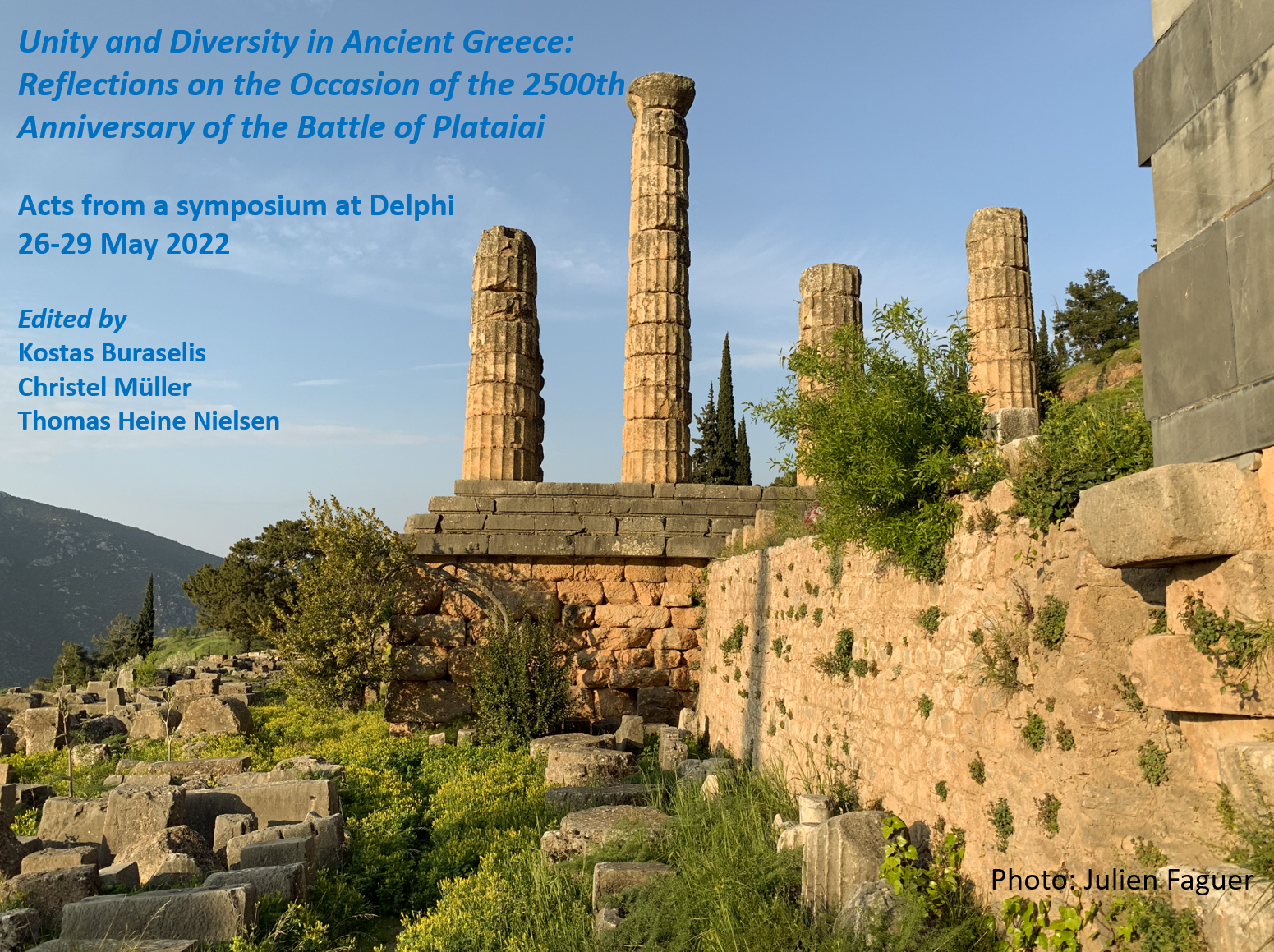Greeks Drawing Lots
Unity and Diversity in a Panhellenic Mindset and Practice
DOI:
https://doi.org/10.7146/classicaetmediaevalia.vi1.145252Abstract
The drawing of lots in ancient Greece was an institution that expressed the egalitarian values, practices, and mindset apparent for three centuries before the emergence of the Athenian democracy. Constituted by a large-scale mixture lottery, classical Athenian democracy with its choice of magistrates by lot, would never have seen the light of day without the broad spectrum of drawing of lots that preceded it. The first part of this article, by Irad Malkin, presents drawing lots’ distributive (e.g., land, booty, catch, inheritance, colonial plots), selective (e.g., magistrates), procedural (e.g., taking turns), and mixture functions. The concept of ‘equal portions’ moves from the concrete equal sharing of portions (isomoiria) to the abstract sharing of equal portions of the law, isonomia. A mindset with strong egalitarian features is revealed with a tendency to make equality and equity as close as possible: Equal chances before the lot and, when possible, equal outcomes. The role of the gods is mostly not to determine results, but to grant validity and legitimacy to a procedure under their auspices. The following section, by Josine Blok, examines why drawing lots for office created difficulties not encountered in the other, common uses of lots, how nonetheless this practice spread across the Greek world and due to the variety of political systems of the poleis came to highlight the diversity in ancient Greece.
Downloads
Published
How to Cite
Issue
Section
License

This work is licensed under a Creative Commons Attribution 3.0 Unported License.
Authors who publish with this journal agree to the following terms:
- Authors retain copyright and grant the journal right of first publication with the work simultaneously licensed under a Creative Commons Attribution License that allows others to share the work with an acknowledgement of the work's authorship and initial publication in this journal.
- Authors are able to enter into separate, additional contractual arrangements for the non-exclusive distribution of the journal's published version of the work (e.g., post it to an institutional repository or publish it in a book), with an acknowledgement of its initial publication in this journal.
- Authors are permitted and encouraged to post their work online (e.g., in institutional repositories or on their website) prior to and during the submission process, as it can lead to productive exchanges, as well as earlier and greater citation of published work (see The Effect of Open Access).





